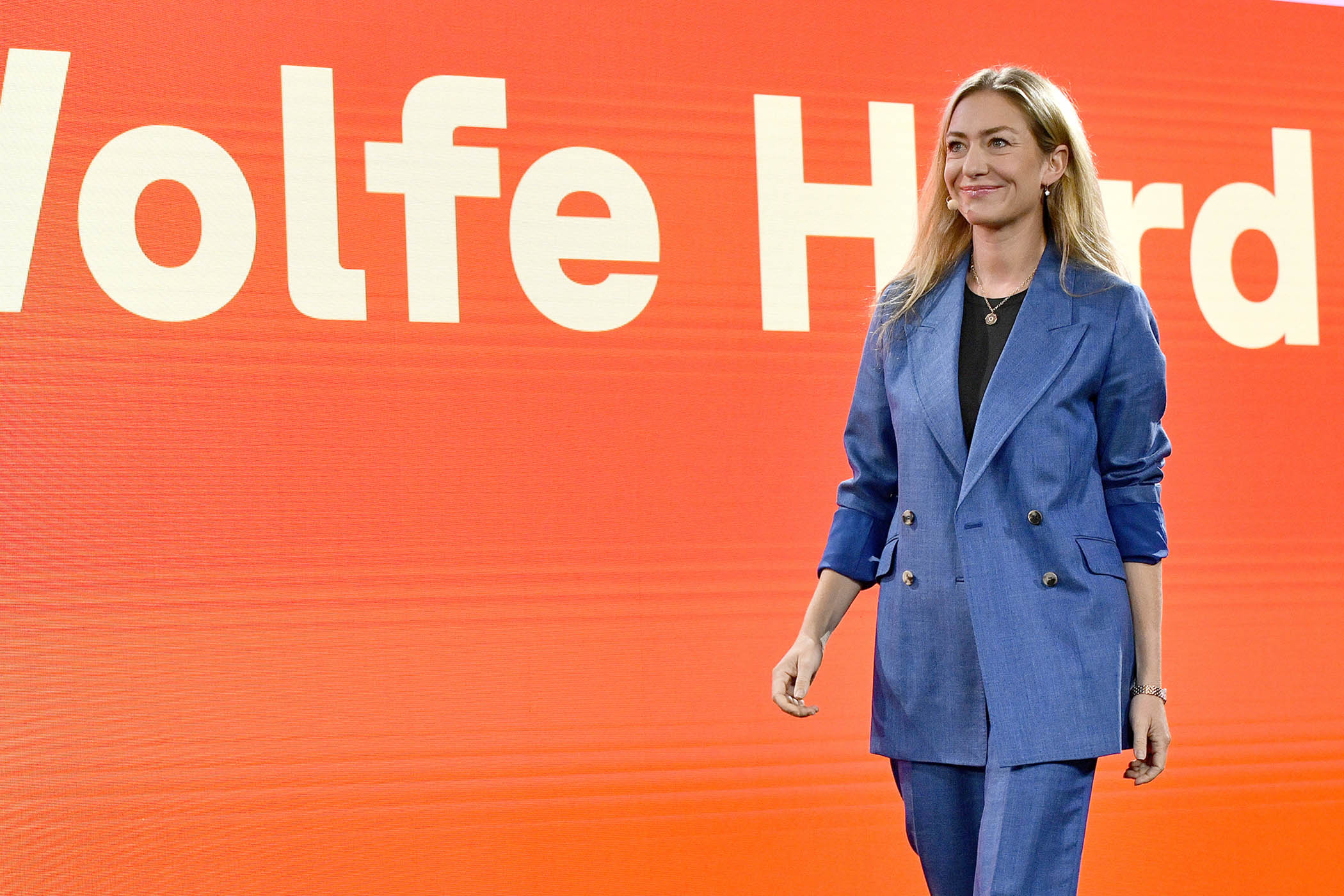Another day, another British company getting plucked off the London Stock Exchange (LSE) by private equity. KKR’s bid to acquire the NHS landlord, Assura, for £1.7bn looks as if it will finally get the go-ahead, despite opposition from big shareholders.
The heated battle for Assura, which owns hundreds of GP surgeries, follows the takeover of British cybersecurity group Darktrace by US-based Thoma Bravo in 2024 and the delisting of Hargreaves Lansdown by a consortium of private equity groups in March. Both deals fuelled concerns that companies on the LSE are being chronically undervalued.
Property, including the NHS, is attracting interest. “US private equity is making a move on UK property assets,” said Oliver Creasey, an analyst at Quilter Cheviot, a shareholder opposing KKR’s bid. “They clearly see some value there. I would not be surprised if that interest continues until share prices rerate generally.”
In March, the UK’s Care REIT (real estate investment trust) was acquired by a US-listed provider for £448m, while Warehouse REIT has agreed to a $635m (£470m) bid from Blackstone.
US private equity is making a move on UK property assets. They clearly see some value there
US private equity is making a move on UK property assets. They clearly see some value there
Research from the LaingBuisson consultancy shows that private equity companies and operators have struck more than 130 deals for UK healthcare companies since 2021, with deal flows rising by more than 32% last year. These figures do not include deals for social care services for children and adults – a traditional hotbed of private equity activity.
Accusations that PE is profiteering off society’s most vulnerable have hastened companies’ forays into “safer” assets, where they own the building but are not responsible for the service. “The GP surgery market is very interesting from an investor perspective, because the income on it is highly secure,” said Creasey. “It looks very much like a government bond, almost indistinguishable from a practical point of view, and there’s only a handful of ways you can get that.”
Hence the bidding war for Assura. The company’s share price is up 33% since February, steadily climbing as each side refreshed their offers.
Initially, KKR made an all-cash offer of £1.56bn, rising to a “best and final” offer of £1.7bn. But some of Assura’s biggest shareholders have said they prefer an alternative offer from its UK-listed rival Primary Health Properties.
Related articles:
Investors, including Quilter Cheviot, Schroders, Allianz, Gravis, Baillie Gifford and Columbia Threadneedle, said they preferred PHP’s cash-and-shares bid because of the perceived long-term return.
It is understood the Assura board held a meeting last Wednesday to discuss proposals, but it is not yet clear whether a decision has been reached. Assura refused to comment. Unlike the Assura bid, the majority of PE deals for UK healthcare companies in 2024 were for independent providers with scalable, commercial business models. This is part of a wider boom in private healthcare.
Newsletters
Choose the newsletters you want to receive
View more
For information about how The Observer protects your data, read our Privacy Policy
Most private equity investment in UK healthcare is in the private health and health insurance sectors. According to data from Broadstone and the Private Healthcare Information Network, a record 664,000 insured admissions were made in 2024, which is up 6% on the previous year and up 15% on pre-pandemic levels.
Among the total UK adult population, 14% have private medical insurance (PMI) – equivalent to 7.6 million people. Between 75% and 80% of PMI coverage was provided by employers.
There have been few evaluations of the effects private equity ownership may have on UK healthcare providers. But a systematic review of mostly US studies in the BMJ associated it with a worse quality of care and higher costs.



